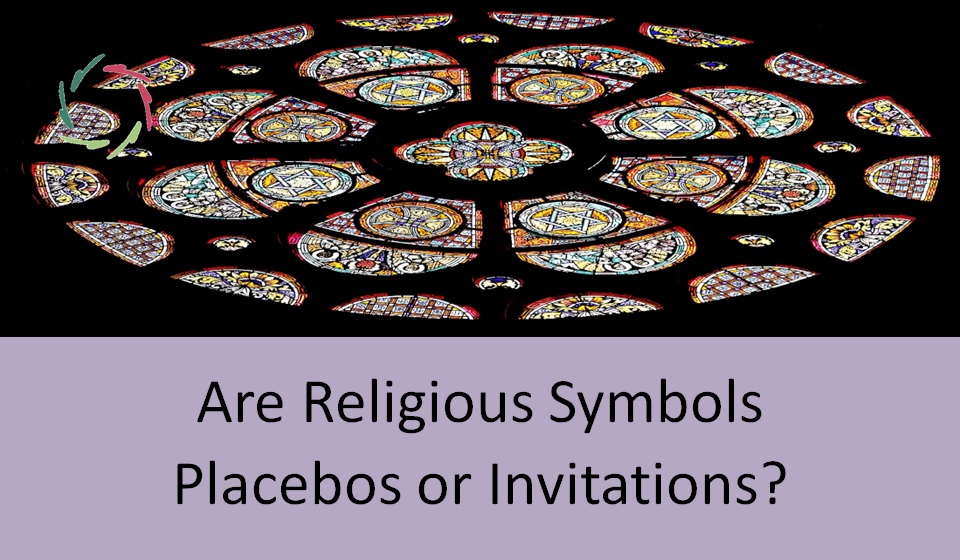Eyes of Soul

People have been looking for ‘God’ everywhere outside themselves. Then also inside themselves. Contrary to both, ‘eyes of soul’ points to the looking itself.
Something
When people use the term ‘God’, all you can know for certain – well, more or less – is that they use the term ‘God’. Apparently, they use it to point towards ‘something’, broadly speaking. What can this ‘something’ be and where does the idea of it come from?
We see this ‘something’ pop up in many cultures. People from these cultures use very different terms for it. Furthermore, this ‘something’ is supposed to have very different characteristics (number, gender, transcendence etc.) in different cultures.
Is this ‘something’ even something?
In a completely transcendent way of dealing with this something, it is actually a not-something, a no-thing. In view of it being frequently described as ‘unknowable’, this might be an interesting way of approaching ‘it’, as a no-thing, or even better: as no-thing. The ‘a’ can be left out since in most religions, it is eventually describe as being one, oneness, universal, the universe itself and so on. In any case, there cannot be 2 of these.
Surprise: I don’t agree.
I think we have to take one step further back in our asking where the ‘God’-idea comes from.
Namely:
People look at something. They see the something they are looking at. For instance: part of the universe. For instance: a computer screen.
But there is also the thing with which they are looking, which is prior to what is seen. A blind man cannot see. A man waring sunglasses sees the world a bit darker.
Let’s now take the ‘seeing apparatus’ in a broad way: eyes, sunglasses if worn, the visual cortex in the brain, the whole brain working together to ‘make’ something of the visual input.
Before ‘God being everything’ comes that with what we are looking at everything.
If we simply look at everything, we have no indication that there is anything more than this: ‘everything’.
For instance: nowhere do we find an emotion but in ourselves while looking at something that provokes this emotion. Without a feeler, there is no feeling. Without a religious feeler, there is no religious feeling.
Without religious feeling, there is no ‘God’ as we feel that there should be.
The term ‘God’ points to something that we eventually only ‘religiously feel’.
The feeling is prior.
Without anyone having felt anything, there is no indication at all of this anything.
So, if ‘anything’ (or ‘something’) would be there, we would have no contact. And if ‘anything’ (or ‘something’) would not be there, we would still have no contact.
The feeling is prior.
As concerns us humans, the feeling is what ‘God’ is about. It cannot be otherwise. We can know ‘God’ only through ourselves.
So, we can better say that ‘God’ is about the way we are looking at the universe (or any part of it).
It’s in the way of looking.
Religion is the specific way of looking with eyes of soul.


